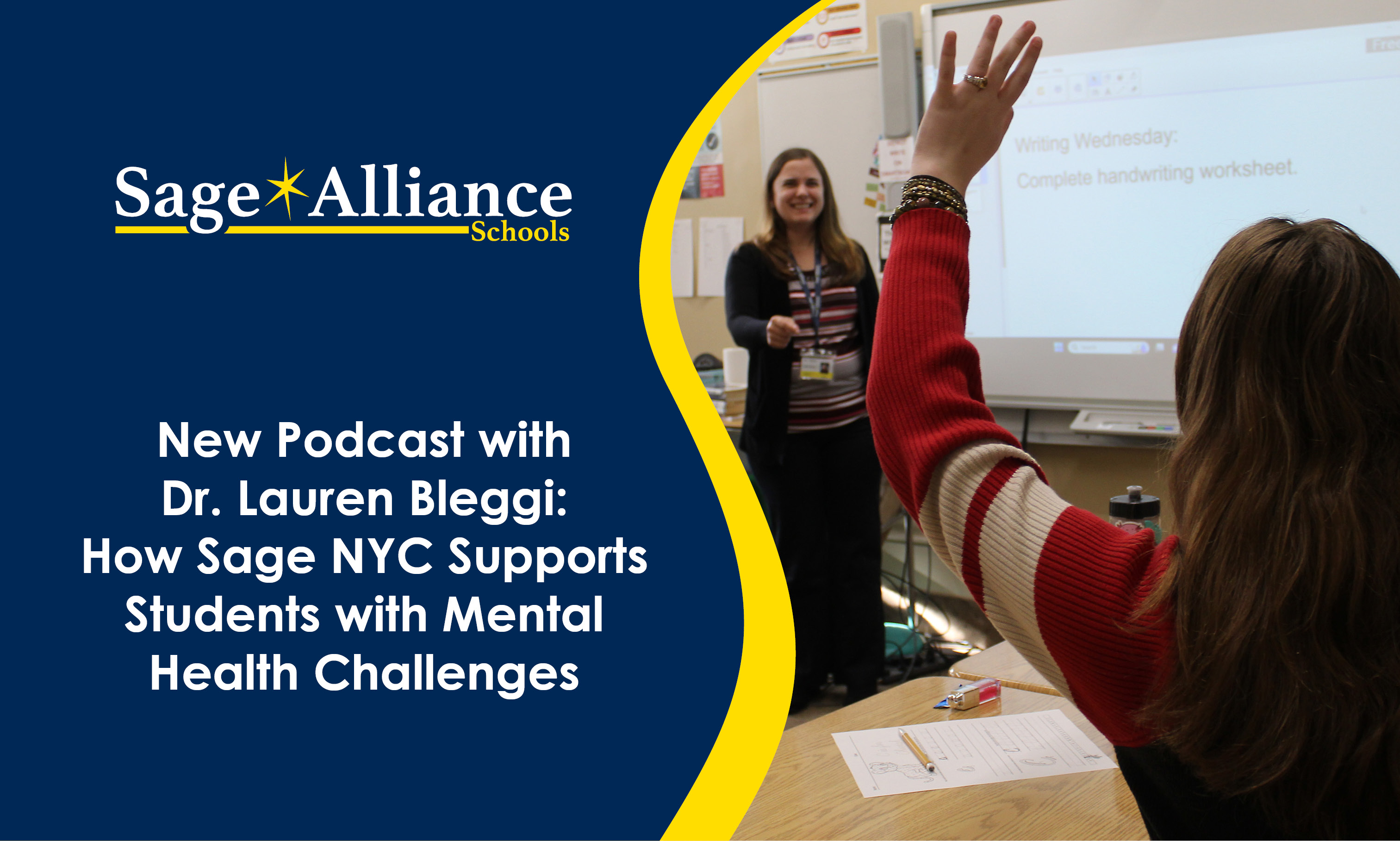Transitions Into and Out of High School
Posted: January 16, 2012 | Written By: Justin Gerwick | Category: Transitions

by Janet Bertelli, MSW, LCSW
I spend a good deal of time interviewing potential ninth-grade students and getting to know the students and parents of our Mahwah eighth graders who will be joining us in our high school in Rochelle Park, NJ. I also have discussions with many of our seniors and their parents about stepping out of high school and into the future. As far apart as these two groups of students are from each other, they share many similarities in how they will deal with these transitions.
Students who are about to enter high school are beginning to struggle with a huge dilemma. They have an unattainable wish to grow up and stay a child at the same time. In many ways, this is parallel to an 18-year-old senior’s wish to be independent and at the same time, be taken care of. The internal conflict that these transitions evoke is likely to be a source of turmoil both in a child’s life as well as in the life of their family. So, to both the parents of 8th graders and to the parents of seniors, may I say, “Fasten your seat belts. It’s going to get bumpy!”
These transition storms often come after a period of relative calmness. An eighth-grader may have just settled into the routine of middle school and is finally able to better tolerate the social pressures and rapid shifts in peer group alliances that are the hallmark of that stage of development. A senior’s mood swings may have begun to even out a bit. The headphones may be removed from time to time with actual brief, but cherished, conversations. When a child’s internal compass points them in the direction of change, any number of reactions can occur. There may be a regression to previous problematic behavior, or there may be a flight to health. A tendency to take on more than they are truly ready for. And then there is the mantra “I’m 18, you can’t tell me what to do!”
Waiting for this new journey to begin is sometimes more terrifying than the journey itself, not only for students, but for parents as well. Watching students and parents ready themselves for the next chapter, is often like watching families at the gates of an amusement park. There are the kids who can’t wait. They are charged with energy, focused and can hardly be held back. They may have never been to an amusement park, but they know there is something waiting for them, and they can’t wait to find out what it is. Others will speak with a sense of bravado -- “90 degree vertical drop at 100 mph, no big deal” -- but they’re talking a little too loudly and a little too fast in an attempt to cover up the anxiety lurking beneath those brave words. Then there is the child who bought the ticket for the giant roller coaster, stands in line and at the last minute, makes an excuse and heads for the merry-go-round instead.
Parents have as many different ways of handling the anxiety of the unknown as their children. Common to all of them is that they want their child to be safe, and to that end, they want to protect them from harm and rescue them from their anxieties.
Watching a child struggle is a very difficult challenge. It is especially difficult when you have watched them struggle with so many issues and, perhaps, thought that they were in for some reprieve. Now, the prospect of this new journey begins to raise new anxieties.
Parents of 8th grade students need to find new strength because there is no greater time where structure and absolute consistency makes as strong an impact as it does now. Children at this stage will test and retest any boundaries that have been provided for them. And while they need some wiggle room, parents should continue to provide the structure.
Seniors will handle the pressures of leaving high school in ways that are as unique and different as each of them. The senior slump, where any interest in school seems to wane, is more about their wanting time to stand still than about them having had it with schoolwork. The future is looming before them and it’s scary. When frightening things lurk, some children may scream and bolt and some of them may freeze. Neither is a permanent condition and, in time, when they are ready for the journey, forward motion will return.
Not rescuing children from their anxious feelings is paramount as they transition into a new phase of their lives. It’s hard not to, but allowing them to struggle, with parental support, of course, will help them learn coping mechanisms that will assist them throughout their lives. Let them know that it’s a difficult time for them and acknowledge their feelings. Parents need to set aside time to speak with their child -- even if the parent is the one doing all the talking -- or listening. We want parents and students alike to know that staff at Sage Alliance is always ready to understand and support them through this journey.
Want to be notified of new articles and resources from Sage Alliance? Click here to submit your email and opt into our newsletter.









